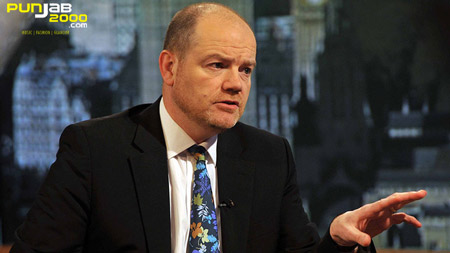BBC boss Mark Thomson confirms TV download pay service
I’m going to try this evening to offer a view of the future of the BBC – and of the whole of broadcasting – through the prism of a single year… This year, 2012. Because this is the year when so many of our ambitions, so many of the issues we’ve wrestled with, finally come together.
We want to change that and have started to talk to our partners, including the independent sector and PACT, about a proposal which we will formally submit to the BBC Trust later this year which – for reasons which escape me – we call Project Barcelona.

